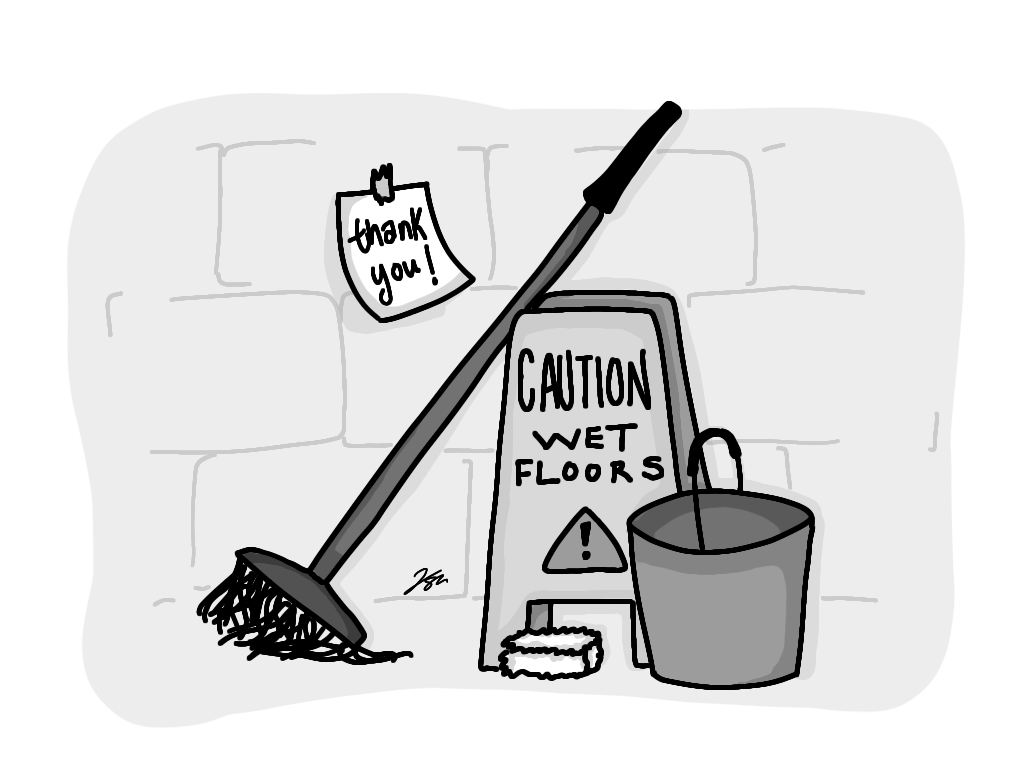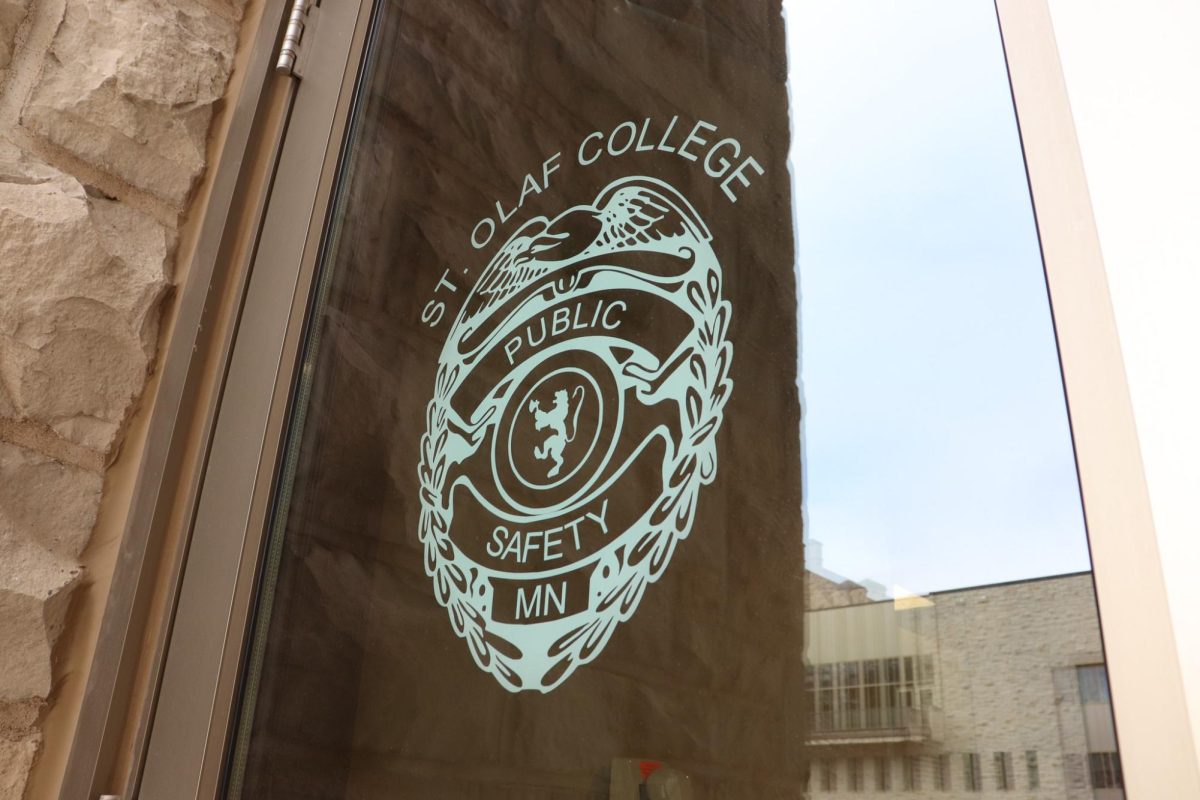Since 2001, St. Olaf has seen a growing number of students reprimanded for drug policy violations, a trend seen at colleges across the country as marijuana use is legalized in several states. Simultaneously, the College has witnessed a decline in the number of students disciplined for liquor policy violations in residence halls, a trend that could be explained by new laws in Northfield and fewer large parties on campus, according to Associate Dean of Students for Residence Life Pamela McDowell.
Campus crime statistics also reveal a marked decline in the number of burglaries and a sharp spike in the incidence of sex offenses in 2016 and 2017. This precipitous rise is likely due to increased reporting of sexual assault following policy changes and outreach efforts recommended by the Title IX Working Group, said Title IX Coordinator Kari Hohn.
All of these trends are seen in data annually reported by the College under the Clery Act and accessible through the U.S. Department of Education website. Data on crimes and fires that occurred in 2017 was released on Sept. 28 and emailed to the student body by Rosalyn Eaton ’87, dean of students.
Data from the latest report and from past reports going back to 2001 show a significant rise in drug policy violations, with the number of infractions rising by an average of 2.63 each year between 2001 and 2016. The increase has accelerated over the past several years – the number of violations increased 200 percent between 2001 and 2009, but increased 507 percent between 2010 and 2017.
This increase has been noticed by the College administration and has been seen at colleges nationwide, according to McDowell. She attributes the rise to greater access to marijuana, as well as changing attitudes towards the drug.
“It has become easier to obtain in the last 17 years,” McDowell wrote in an email. “States have also started legalizing it, which leads to the misperception that marijuana is not harmful.”



While the number of drug policy infractions has been climbing, the number of liquor policy violations in residence halls has declined over the years. While the data does not show a significant change in the number of campus-wide liquor policy violations, the number of violations in residence halls decreased by an average of 17.6 each year between 2008 and 2016.
This is due in part to increased information and resources for those struggling with substance abuse, McDowell said. She also said that there have been fewer large parties on and off campus.
“Since 2001, the city of Northfield enacted the Social Host Ordinance and there has been a decrease in the amount of off-campus parties, which does impact on-campus incidents,” McDowell wrote in an email. The Social Host Ordinance makes it illegal for adults to knowingly provide a place for underage individuals to drink, even if they do not provide the alcohol.
The crime report data reveals another notable trend: a statistically significant decrease in the number of burglaries occurring on campus, defined in the 2018 report as “the unlawful entry into a building or other structure with the intent to commit a felony or a theft.”
According to McDowell and Director of Public Safety Fred Behr, the decrease in burglaries may be due to improved security of residence halls.
“Since 2001, the College installed new cores in all campus locks, implementing a more secure physical key system and enhanced records management and retention,” Behr wrote in an email. “As new buildings are added or older buildings remodeled, card access has been installed, thereby reducing the number of interior and exterior door keys issued on campus.”
While burglaries are decreasing, the 2018 crime report shows an abrupt and major increase in the number of sex offenses occurring on campus. While the average number of sex offenses occurring in a given year from 2001 to 2015 was 4.2, 17 were reported in 2016 and 30 were reported in 2017.
According to Hohn, this increase is most likely due to greater levels of reporting, that may have resulted from recommendations issued by the Title IX Working Group that met over the summer of 2016. These recommendations included an updated Title IX policy meant to decrease barriers to reporting and the creation of Hohn’s position, among other changes. According to Hohn, the College undertook a number of outreach efforts in the fall of 2016 to expand students’ knowledge of Title IX and the reporting process.
“One aspect of the reporting process that we have tried to highlight for folks is that reporting to the college does not automatically initiate a college investigation,” Hohn wrote in an email. “After experiencing sexual misconduct, many students might not feel ready for or interested in pursuing a formal investigation at that time, but they might still be looking for resources or a better understanding of what their options are.”
Hohn thinks that the increase in reports of sexual assault seen in 2016 and 2017 are a result of these recent policy changes rather than an actual increase in the incidence of sexual assault.
“We don’t interpret this increase as a sign that more misconduct is occurring, but rather that an increased number of individuals trust our reporting process,” Hohn wrote. “Many of the Title IX Working Group’s recommendations were designed to decrease barriers to reporting, so the fact that reporting has increased is a very positive sign.”






